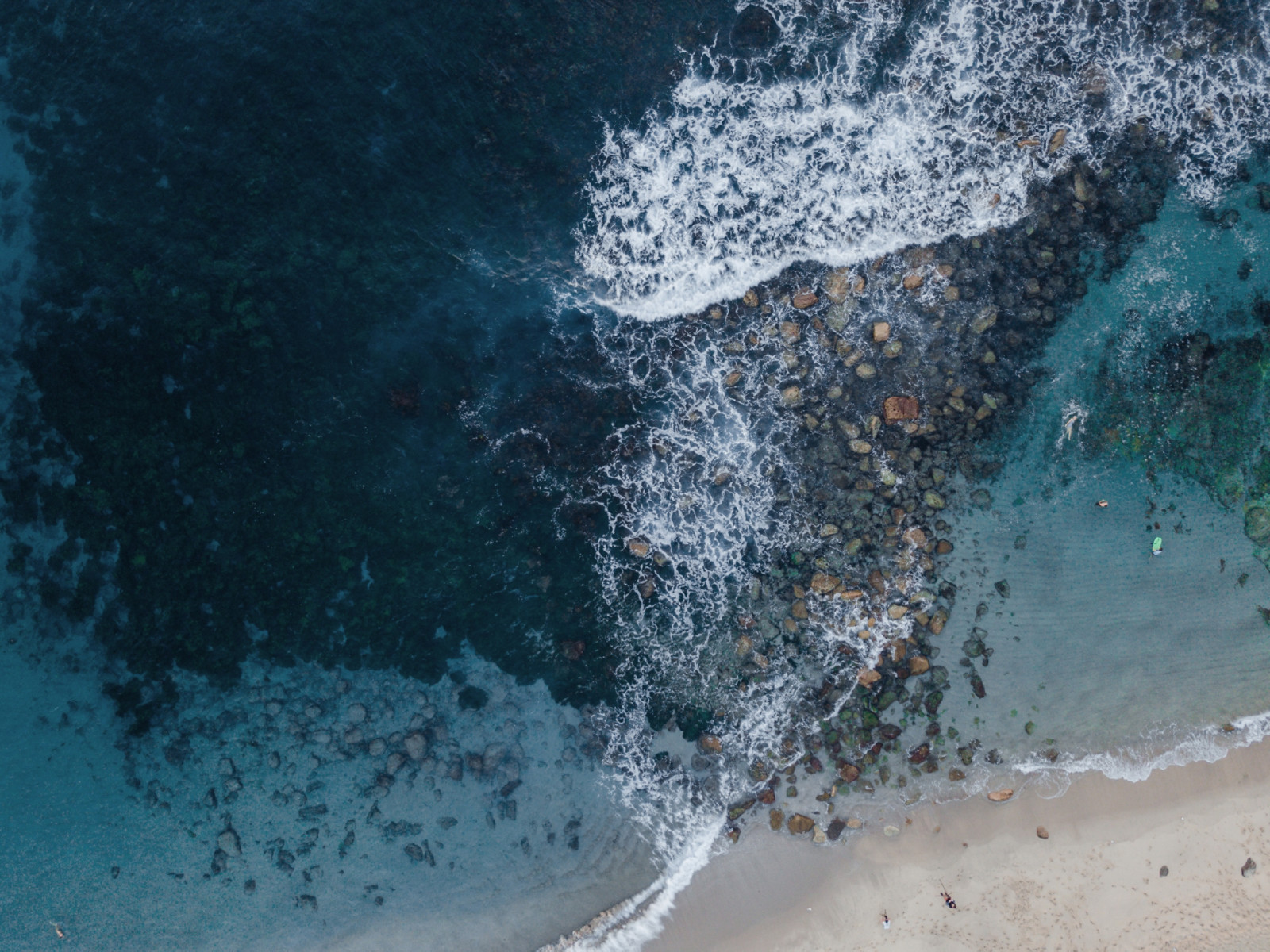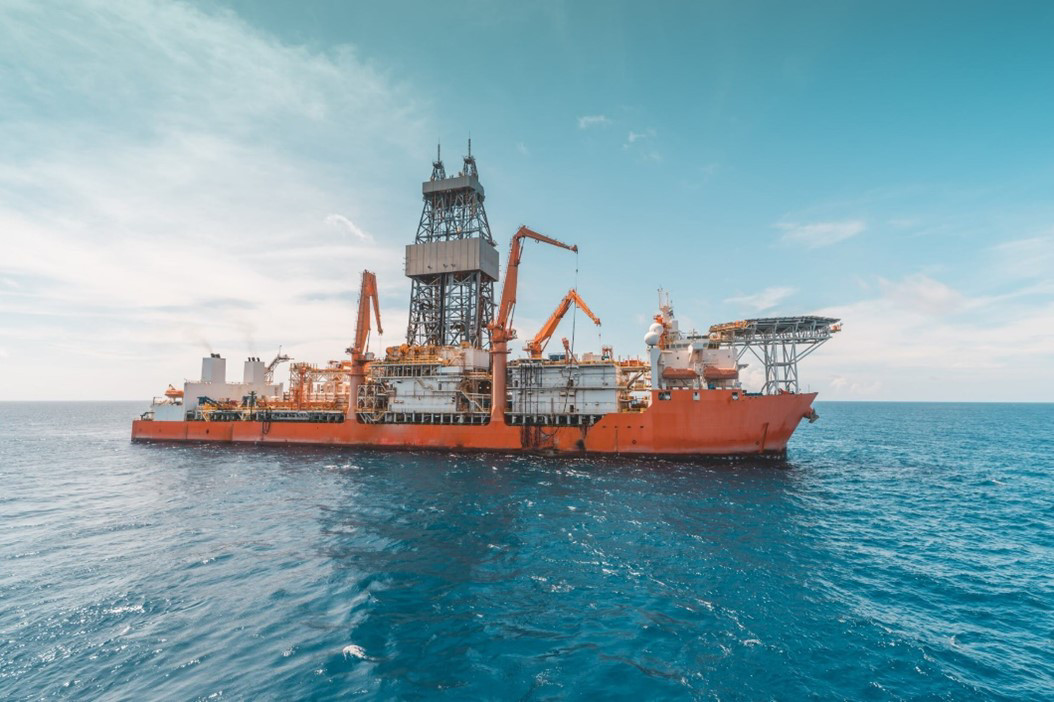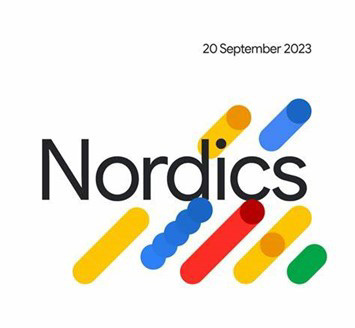In today's rapidly evolving world, there is an increasing focus on sustainability and the need to reduce our ecological footprints.
Our ambition is clear: to optimize blue economy operations, thereby not only minimizing their environmental impact but also bringing down costs and creating new value for both businesses and the planet.
From shipping and fisheries to renewable energy and marine biotechnology, this sector is teeming with potential. One emerging technology that stands to benefit immensely from the Ocean Economy is Generative Artificial Intelligence (Generative AI). In this article, we will explore how the Ocean Economy provides a fertile ground for the growth and application of Generative AI.















